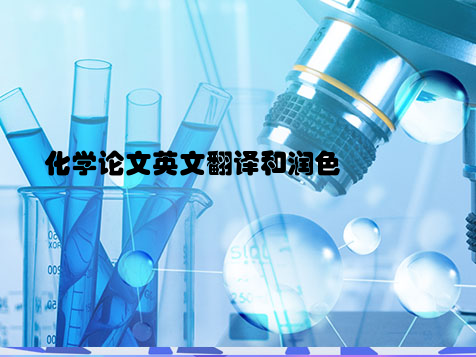The Application of Chemical Oxidation in Wastewater Treatment
Chemical oxidation has become an important process in the treatment of wastewater due to its effectiveness in removing organic pollutants. In recent years, the use of chemical oxidation has gained attention for its ability to break down persistent organic compounds into non-toxic byproducts. This paper aims to examine the application of chemical oxidation in wastewater treatment and discuss its potential for further improvement.

Introduction to Chemical Oxidation
Chemical oxidation is a process that involves the transfer of electrons from a substance to an oxidizing agent. In the context of wastewater treatment, chemical oxidation is used to degrade organic pollutants into simpler and less harmful compounds. Common oxidizing agents include hydrogen peroxide, ozone, and persulfate. These agents can react with organic contaminants to form carbon dioxide, water, and other innocuous byproducts, thereby reducing the overall pollutant load in wastewater.
Advantages of Chemical Oxidation
The use of chemical oxidation offers several advantages in wastewater treatment. Firstly, it can effectively degrade a wide range of organic pollutants, including pharmaceuticals, pesticides, and dyes, which are often resistant to conventional treatment methods. Additionally, chemical oxidation can be applied as a pre-treatment step to enhance the biodegradability of wastewater, thereby improving the overall efficiency of biological treatment processes. Furthermore, chemical oxidation processes can be easily incorporated into existing treatment systems with minimal retrofitting.
Challenges and Limitations
Despite its potential benefits, chemical oxidation also poses several challenges and limitations. One major concern is the formation of harmful disinfection byproducts during the oxidation process, which may pose risks to human health and the environment. In addition, the cost of oxidizing agents and the energy consumption associated with chemical oxidation can be significant, making it less financially feasible for some wastewater treatment facilities. Moreover, the selection of the appropriate oxidizing agent and operating conditions requires careful consideration to ensure optimal treatment outcomes.
Future Directions and Research Opportunities
As the demand for advanced wastewater treatment continues to grow, the application of chemical oxidation is expected to evolve with the introduction of novel oxidation technologies and improved process optimization. Future research efforts should focus on developing more cost-effective and sustainable oxidizing agents, as well as exploring innovative reactor designs to enhance the efficiency of chemical oxidation processes. Additionally, the development of integrated treatment strategies that combine chemical oxidation with other treatment methods, such as adsorption and membrane processes, holds promise for achieving comprehensive pollutant removal in wastewater.
Conclusion
In conclusion, chemical oxidation plays a pivotal role in the treatment of wastewater by effectively degrading organic pollutants and improving the overall quality of effluent. Despite the challenges and limitations associated with its application, ongoing research endeavors and technological advancements are expected to further enhance the effectiveness and sustainability of chemical oxidation in wastewater treatment. With continued innovation and collaboration, chemical oxidation has the potential to become a cornerstone of advanced wastewater treatment strategies, contributing to the protection of public health and the environment.



